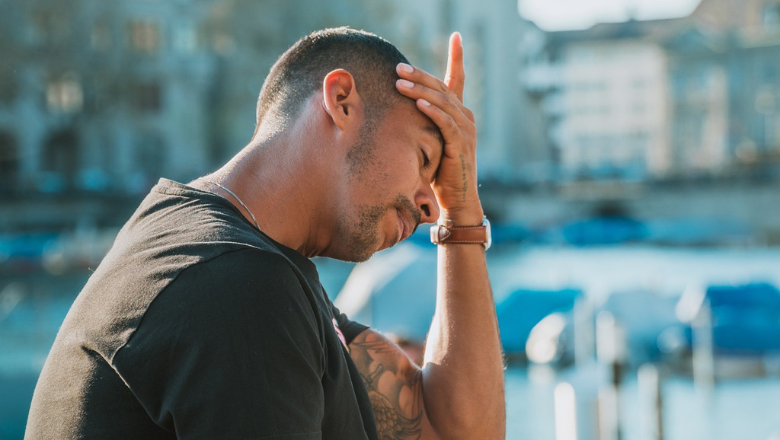Researchers from King’s looked at whether infection with COVID-19 affected performance in two rounds of online cognitive testing that took place in 2021 and 2022. Data was collected for over 3,000 participants of the COVID Symptom Study Biobank study, across 12 tasks that tested memory, attention, reasoning, processing speed and motor control.
The participants whose test scores were most affected by COVID-19 were those who had experienced symptoms related to the virus for 12 weeks or more. In these people, the effect of COVID-19 on test accuracy was comparable in size to the effect of a 10-year increase in age.
There was no significant improvement in these test scores between the two rounds of testing, which took place nine months apart. By the second round of testing, the average time since participants’ initial COVID-19 infection was almost two years.
Digging deeper into the analysis, the researchers separated participants by whether they felt fully recovered following COVID-19 infection. People who felt fully recovered after COVID-19 infection performed similarly to those who had not had the virus at all. In contrast, participants who did not feel fully recovered after infection had lower task accuracy scores on average.
Lead author Dr Nathan Cheetham, a Senior Postdoctoral Data Scientist at King’s College London said:
“Our findings suggest that, for people who were living with long-term symptoms after having COVID-19, the effects of the coronavirus on mental processes such as the ability to recall words and shapes are still detectable at an average of almost two years since their initial infection.
“However, the result that COVID had no effect on performance in our tests for people who felt fully recovered, even if they’d had symptoms for several months and could be considered as experiencing ‘long COVID’, was good news. This study shows the need to monitor those people whose brain function is most affected by COVID-19, to see how their cognitive symptoms continue to develop and provide support towards recovery.”


I was not referring to everyone. I specifically stated people who refused to take precautions. I know enough people, who refused to ever wear a mask, or change any habits (like washing their hands when they came home) who now have long covid, and whine like they didn’t make a conscious choice.